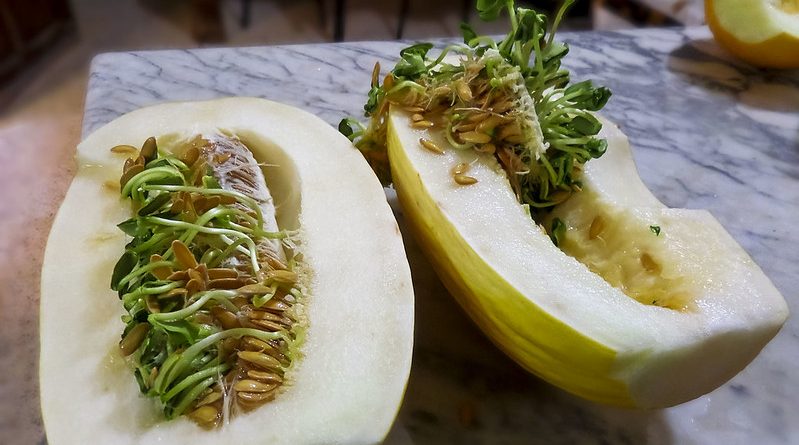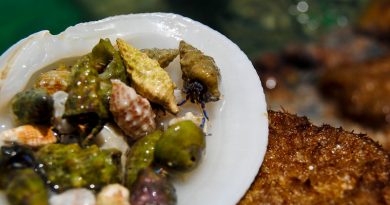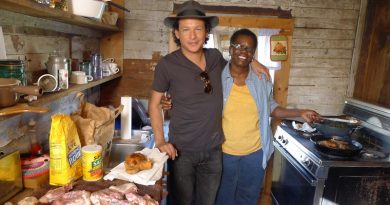The Food of Algeria
In Arabic the country is known as Al-Jaza’ir, which is short for Al-Jaza–iriyah ad-dimuqratiyah ash-sha’biyah. Luckily it’s also called Algeria!
Algeria borders Tunisia and Libya to the east, Niger, Mali and Mauritania to the south, Morocco and Western Sahara to the west; and the Mediterranean Sea to the north. Here its mountains are home to the olive tree, cork oak and vast evergreen forests where boars and jackals roam. Figs and various palm trees grow in the warmer areas and the grape vine is native to the coastal plain. The land becomes more dry and arid the farther south one travels and eventually becomes the Sahara Desert. Ninety per cent of the population and most of the cities are located along the fertile coastal area knowas the Tell, or hill.
Markets
When the Bab Ezzouar shopping centre opened on the outskirts of Algeria’s capital, Algiers, thousands of people flocked to the four-storey building for a taste of Western-style shopping. But not everyone wants to give up the old ways of commerce; modern day shopping is coupled with traditional bartering in atmospheric medieval bazaars.
Classic foods and local specialties
Algeria’s national dish, ‘couscous’ which the Berbers created derives from the introduction of Semolina wheat by the Carthaginians (who occupied northern Africa). Couscous served with lamb or chicken, vegetables, dates and gravy is so basic to the Algerian diet that its name in Arabic, ta’am translates as ‘food’.
Other influences in the cuisine can be attributed to the Muslim Arabs who brought exotic spices such as saffron, nutmeg, ginger, cloves and cinnamon to the land, now essential to any Algerian pantry. The Arabs also brought Islam which continues to influence almost every aspect of an Algerian’s life, including the diet.
Couscous is not only a savoury dish; alternatively it can be served sweet, flavoured with honey, cinnamon or almonds. No Algerian meal is without bread; another influence which graces Algerian meal time is the French long bread. The bread is used to scoop food off the plate or to soak up a spicy sauce or stew. More traditional Berber families usually eat flat wheat bread.
Flavour and variety is also found in the beverages. Sweet mint tea, which is a favourite among all North African countries, is usually offered to guests although strong black coffee flavoured with cardamom is another option. Sharbats, fruit or nut-flavoured milk drinks, are popular with all ages.
Destination – Algeria




